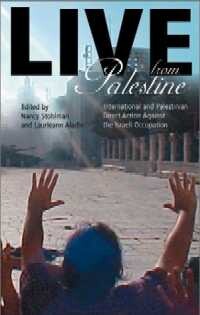Picking up a work by Edward Said is never intellectually or emotionally easy. Following Said through one of his thrusts into the meaning of the intellectual, of being an Arab or a Palestinian, or exploring with Said what it truly meant to be political is an experience so deep, at times, so painful, so unflinchingly honest that one emerges from it reborn, enlightened, and often on fire. I speak from experience as a young student set aflame by Said’s work in the mid-1990’s. I did not know Edward Said personally. I saw him lecture at Harvard and in Southern California, and I met him once at a conference in Boston. I talked to him about the challenges of being sympathetic to the Palestinians in academia. He responded, with real compassion and even a flash of anger in his eyes, “keep fighting.” MPAC Communcations Director Sarah Eltantawi remembers Said. Read more about Edward Said: The Loss of an Irreplaceable Mentor


